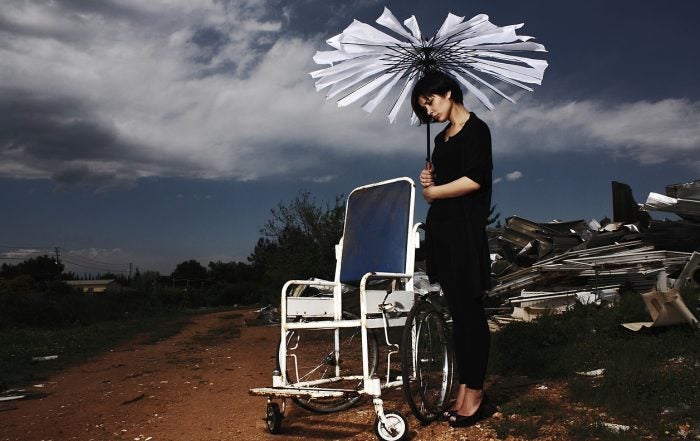Home » Articles posted by Aggie Transcript (Page 5)
Author Archives: Aggie Transcript
Mitofusin 2 as a Mammalian ER-Mitochondria Tether? A Review
By Lauren Uchiyama, Biochemistry and Molecular Biology, ’17 Author’s Note: “I chose to write this piece to familiarize myself with the most recent scientific literature on Mitofusin 2 for my UWP104E Writing in Science class. I was preparing to apply for the Undergraduate Research Center Provost Undergraduate Fellowship and felt this would be a good […]
Critical Factors Involved in the Relationship Between Cannabis and Schizophrenia
By Carly Cheung, Microbiology, ’17 Author’s Note: “I wrote this piece for my UWP 104F: ‘Writing in the Health Professions’ class with Professor Walsh in Winter 2016. Our assignment was to examine a health related research question and explore the subject in a quarter-long research and synthesis process. I decided to write about Schizophrenia because […]
A Case Report of Tourette Syndrome
By Lo Tuan, Neurobiology, Physiology, and Behavior and Managerial Economics, ’17 Author’s Note: “I chose to write about Tourette Syndrome because someone who is dear to me was diagnosed with it. Watching him struggle at a young age, I could only imagine how difficult it must have been dealing with strange and disapproving looks from […]
Zika Virus
By Nicole Strossman, Biochemistry and Molecular Biology, ’17 Author’s Note: “I chose to write about this topic in an effort to gain a better understanding of Zika virus. While the topic is frequently in the news, the specifics of the virus are not always discussed in depth. As ongoing research is demonstrating the virus’ possible […]
Medical Treatment for Gender Dysphoria: A Review of Risks and Benefits
By Elizabeth Gore; Neurobiology, Physiology, and Behavior; ’17 Author’s Note: “This is my literature review for UWP 104F. I chose the topic of transgender medical treatment outcomes because of the recent increase in transgender inequity in the media. In the last 10 years, with the emergence of World Professional Association for Transgender Health (WPATH), there […]
An Overview of Tension-Type Headache
By Lo Tuan, Neurobiology, Physiology, and Behavior and Managerial Economics, ’17 Author’s Note: “I chose to write this paper because I have a family member who suffers from TTH and expanding my knowledge of the topic through researching and writing empowered me to play a more active role in assisting my family with addressing such […]
The Double Helix: A Personal Account of the Discovery of the Structure of DNA
By Mor Alkaslasi, Neurobiology, Physiology, and Behavior, ’16 Author’s Note: “I chose to write a review about this book because I kept finding myself telling my professors and peers about it. As a student in a scientific discipline to which genetics and DNA are crucial, I feel that this book is a notable chronicle of the […]
Exploring the Known Unknowns Using the Power of Metagenomics: Discovery of the crAssphage
By Connie Chen, Microbiology, ’15-’16 Author’s Note: “Metagenomics is the study of genetic material directly from environmental samples such as the soil or the human gut. With whole metagenomic sequencing, it is possible to obtain and analyze every piece of genetic material in the sample. As we being to learn more about the world, it […]
Stem Cells: Important Yet Controversial
By: Lauren Forsell, Biological Sciences ’16 and Parnya Baradaran, Computer Science Engineering, ’16 Author’s Note: “Parnya and I collaborated on this piece for a Science and Religion: The Case of Galileo seminar assignment. This assignment was inspired by the seminar’s focus on religious controversies surrounding scientific advancements, theories, and concepts. Another main reason why we […]
The Fragile Physiology of Football Players
By: Esther Ebuehi, Human Development major, Nutrition Science minor ’16 Author’s Note: “This narrative case report describes an athlete’s shoulder injury and explores the way injuries are treated in the world of collegiate athletics. While I was writing this piece, I recognized just how little time non-athletes spend thinking about the impact of sports injuries. […]

